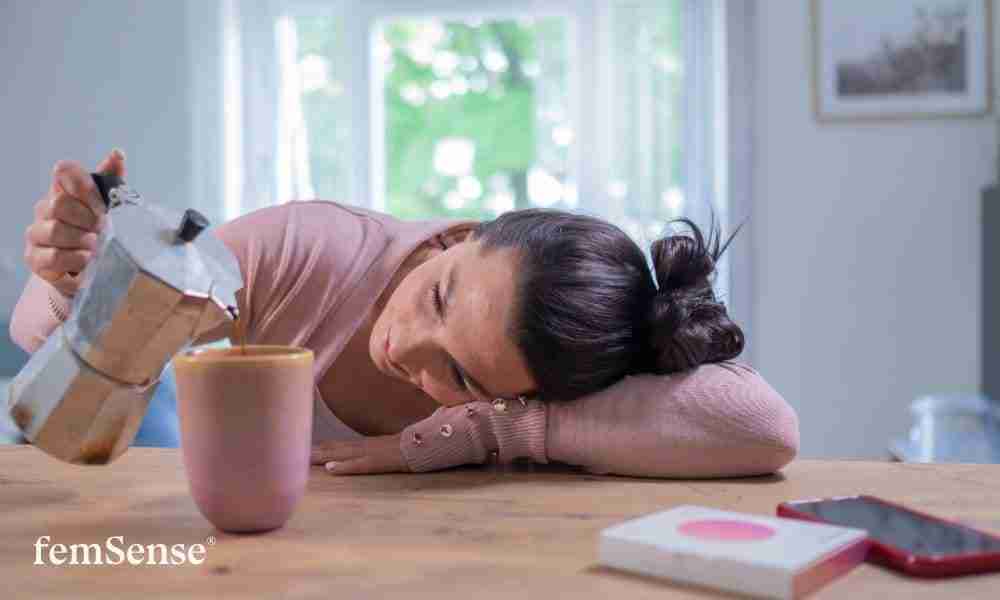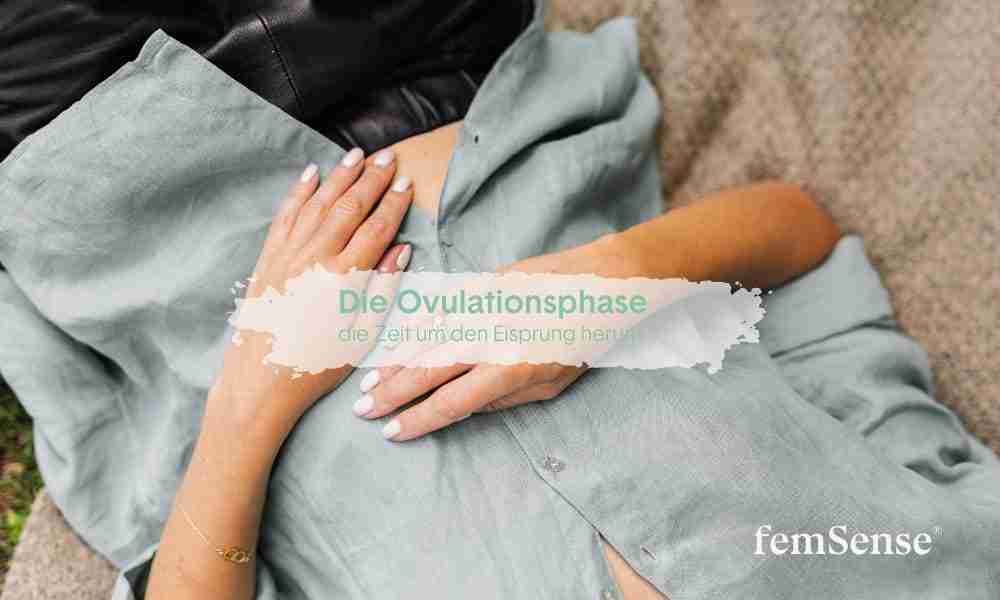
You are probably familiar with strogen, testosterone and progesterone. But do you also know what effects these and other hormones can have on you?
Getting to know your own cycle is an exciting thing. Have you just had the Discontinued pillyou often experience the different phases of your cycle up close for the first time in your life. But even if you start observing your cycle out of interest or because you want to have children, you will sometimes get to know completely new aspects of yourself.
This is because many mood swings or physical changes that we experience in a month or in a cycle are hormonal. Of course, this doesn't mean that we should blame every bad mood on our hormones. But by observing your cycle and learning more about the processes in your body, you can better understand what is happening inside you. And that's not all: you will also learn in which cycle phase you are particularly productive - and when it's good for you to take a break.
The most important hormones in your cycle
Dozens of processes and metabolic processes are taking place in your body at any given moment without you realising it. Our hormones (or messenger substances) play an important role in this. They are responsible for enabling our cells to "communicate" with each other in a targeted manner, for example to increase our temperature. Your cycle is also naturally hormonally controlled. The most important hormones involved are oestrogens, progesterone, testosterone, LH and FSH.
Oestrogen: the female hormone
When we talk about oestrogens, we usually refer to "the oestrogen". However, there are a total of four hormones that are oestrogens. The most important for you and your cycle is oestradiol. Oestradiol is responsible for the development of the female sex organs while the embryo is still developing in the womb. Later in your life, it plays a decisive role in your cycle and your fertility.
However, oestrogen also has general effects on you that you can observe over the course of your cycle. For example, you may notice an increase in oestrogen levels (from the end of your period to the OvulationYou'll be in a more positive mood, feel more productive and perhaps be more motivated to exercise. This is because oestrogen has a positive effect on your brain activity. After ovulation, your oestrogen levels drop again, which is often reflected in low moods. This effect is particularly pronounced during the menopause, which is why oestrogen is often part of hormone replacement therapies.
The best way to use your First phase of the cycle and therefore the higher oestrogen levels for lots of activity! Pro tip: Strength and endurance training are also more effective before ovulation, as oestrogen has a muscle-building effect.
Progesterone: the PMS hormone
Progesterone (also known as the corpus luteum hormone) is the determining hormone in the second half of the cycle. It builds up the lining of the uterus so that a fertilised egg can implant. It also raises your basal body temperature, which is our femSense patch and can recognise it as ovulation.
In addition, you can this phase of your cycle often notice changes that can be attributed to your increased progesterone levels. For example, your sleep quality may improve as progesterone has a calming effect. Your skin is also usually better and your hair grows faster or does not regrease as quickly.
However, progesterone is also said to be the main cause of premenstrual syndrome (PMS). An imbalance of oestrogen and progesterone is probably the cause of the symptoms that many women experience before their period. For example, you may feel irritable, listless and tired, bloated or have water retention. As progesterone boosts the metabolism, cravings are also a possible PMS symptom. Incidentally, these symptoms can also occur in women who use hormonal contraception (and thus supply the body's own hormones in synthetic form from outside). This is because some women react more sensitively to hormone fluctuations. Although the contraceptive pill, for example, is also prescribed for PMS, there is no evidence of a clear effect.
In the second half of your cycle, you can therefore take things a little slower. Especially if you suffer from PMS! If you do sport, then do lighter stretching exercises or yoga.
Testosterone: the male hormone
We know testosterone as the men's hormone. But did you know that your body also produces testosterone? It is also present in women, at least in small quantities. And that's a good thing, because testosterone gives your self-confidence an extra boost, can help you build muscle and is also important for your libido. Meaning: The more Desire for sex you have, the higher your testosterone level is likely to be.
Like the other sex hormones, the level of testosterone in your blood fluctuates and is at its highest around ovulation. Sometimes you may notice that you feel very sexy and feminine - thanks to a "male" hormone. Strange, isn't it?
FSH (follicle-stimulating hormone) and LH (luteinising hormone)
FSH and LH are two of the most important hormones for regulating your cycle. While FSH ensures that an egg matures, LH is essentially the start signal for ovulation. Both hormones are therefore essential for your cycle to run as planned.
FSH and LH generally have less effect on your physical condition or your psyche than the other hormones. However, they play a key role in enabling the other sex hormones to have their effect. A low FSH or LH level therefore has a direct effect on your cycle and you - even if only indirectly. It is therefore particularly important to know the FSH and LH levels if you are trying to conceive.
Your hormones and your cycle
Do you recognise yourself in some of the symptoms? Then you now know that there may be a connection with your cycle. You'll know even better if you track your cycle - For example with femSense. In the femSense app, you can record and compare your mood and physical changes. Not only does this give you an excellent overview, but you can also, for example, analyse your diet or your Tailor your training to your cycle. Or give your body exactly what it needs in the current phase - even if it's crisps and sweets on the couch!
Sources:





Leave a Reply